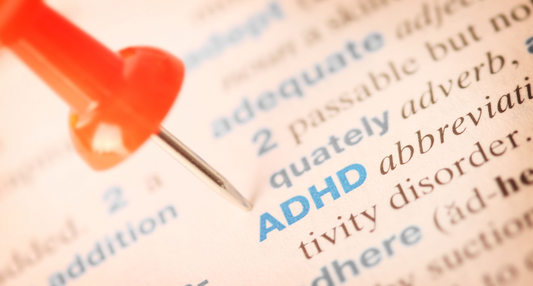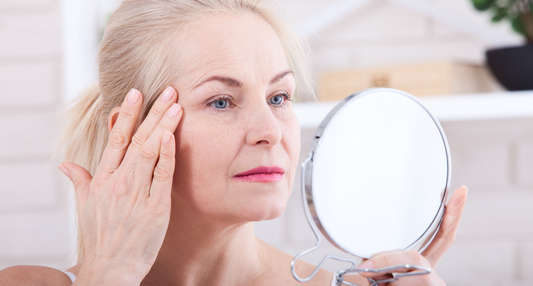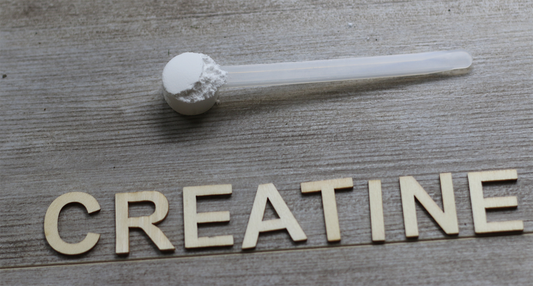Unraveling The Truth About DIM Supplementation

Share
In the world of dietary supplements, it’s essential to be discerning about the products we choose to incorporate into our daily routines. One such supplement that has gained popularity in recent years is DIM (Diindolylmethane). Touted as a natural compound derived from cruciferous vegetables, DIM has been promoted as a miracle solution for hormonal imbalances, particularly in women. However, amidst the marketing hype, there lies a significant amount of misleading information and junk science. In this post, we’ll delve into the world of DIM supplements and uncover the truth behind the extravagant claims.
What Is DIM?
Diindolylmethane (DIM) is a molecule that is formed in the body when indole-3-carbinol (I3C), a substance found in cruciferous vegetables like broccoli, cauliflower, and cabbage, is broken down during digestion. DIM gained popularity due to its potential to affect estrogen metabolism and its supposed benefits for hormone-related conditions such as estrogen dominance and menopause symptoms.
The Claims
DIM supplements have been marketed as a solution for various health issues, including:
Claim 1: Hormonal Balance
Proponents claim that DIM helps balance hormones, particularly estrogen, by promoting the conversion of strong estrogens (16-hydroxyestrone) to weaker forms (2-hydroxyestrone).
Claim 2: Estrogen Dominance
DIM is often suggested as a remedy for estrogen dominance, a condition believed to cause symptoms like weight gain, bloating, and mood swings.
Claim 3: Cancer Prevention
Some sources suggest that DIM can reduce the risk of certain hormone-related cancers, such as breast and prostate cancer.
Claim 4: Menopause Relief
DIM has been promoted as a natural alternative to hormone replacement therapy (HRT) for alleviating menopause symptoms like hot flashes and night sweats.
The Reality Check
Despite the compelling promises, the scientific evidence supporting the efficacy of DIM supplements is questionable at best. Here are some key reasons why DIM’s claims may not hold up to scrutiny:
1. Lack Of Clinical Studies
Most of the claims surrounding DIM supplements are based on animal studies or test-tube experiments. There is a significant dearth of well-designed, randomized clinical trials in humans to support the alleged health benefits of DIM.
2. Limited Bioavailability
DIM is known for its poor bioavailability, meaning that the body may have difficulty absorbing and utilizing it effectively. Consequently, the dosage required to achieve any potential benefits might be impractical and lead to unintended side effects.
3. Inconsistent Results
The few human studies that exist on DIM have yielded mixed results. Some studies show potential benefits, while others demonstrate no significant effects. This inconsistency makes it challenging to draw definitive conclusions about DIM’s efficacy.
4. Conflicting Actions On Estrogen Metabolism
While some studies suggest that DIM may promote the conversion of strong estrogens to weaker forms, others indicate that it can have the opposite effect, potentially increasing harmful estrogen metabolites.
5. Interactions And Side Effects
DIM supplements may interact with certain medications, including those affecting hormone levels. Moreover, some individuals have reported side effects such as digestive disturbances and headaches.
While the idea of a natural supplement that can restore hormonal balance and improve overall health is undoubtedly appealing, it is crucial to approach such claims with a healthy dose of skepticism. DIM supplements, despite their widespread popularity, lack the robust scientific evidence needed to substantiate the extravagant promises made by manufacturers and marketers.
If you are considering DIM supplementation, it is vital to consult with a qualified healthcare professional who can assess your specific health needs and provide evidence-based recommendations. As with any dietary supplement, a balanced approach to health, including a nutrient-rich diet and regular exercise, remains the cornerstone of overall well-being. Remember, not all that glitters is gold, and understanding the science behind supplements can empower us to make informed decisions about our health and wellness.










